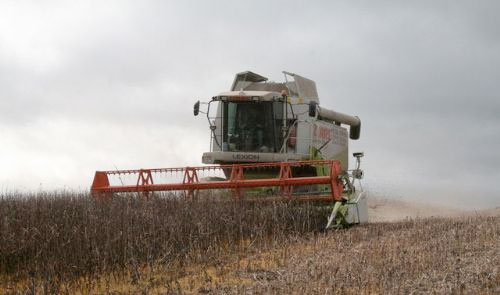
The Danish Presidency's statement on the progress of Common Agricultural Policy (CAP) reform negotiations highlighted the impact of lobbying by European farming associations, said the CLA.
"We are pleased the Danish Presidency has recognised many of the failings in the European Commission’s greening proposals, especially the three mandatory requirements, and emphasised more work must be done. The proposals could have a significant detrimental impact on production in return for negligible environmental benefit but the Danes have put CAP reform on the right track" said CLA President Harry Cotterell.
"It is reassuring there is strong support among Member States for the Presidency’s suggestion that more types of farms be deemed ‘green by definition’ and not subject to mandatory greening rules. We have lobbied from the outset that participating in high quality agri-environment schemes like the ones we have in England and Wales is at least as beneficial to the environment as anything the Commission is proposing, and would not hit farm businesses as badly."
The Danish Presidency's proposed an active farmer test, broad support for focusing eligibility on the use of the land rather than on the applicant and leaving it to Member States rather than the EU to decide who should not be eligible.
Earlier in June, European Commission plans to oblige farmers to grow at least three different crops and meet various environmental standards, were largely rejected by the Environment, Food and Rural Affairs Committee (Efra).
The 'Greening the Common Agricultural Policy' (CAP) report suggested the European Commission should reform its plans.
"It is essential the budget for the CAP is big enough to do the work needed. Farmers must not be required to provide the environmental benefits demanded by the public while not being properly paid for the costs of doing so" Cotterell added.
Both the NFU President Peter Kendall and the CLA President spoke about the report following its publication and warned that increased modulation to British farmers will put them at a disadvantage in relation to their European counterparts.
